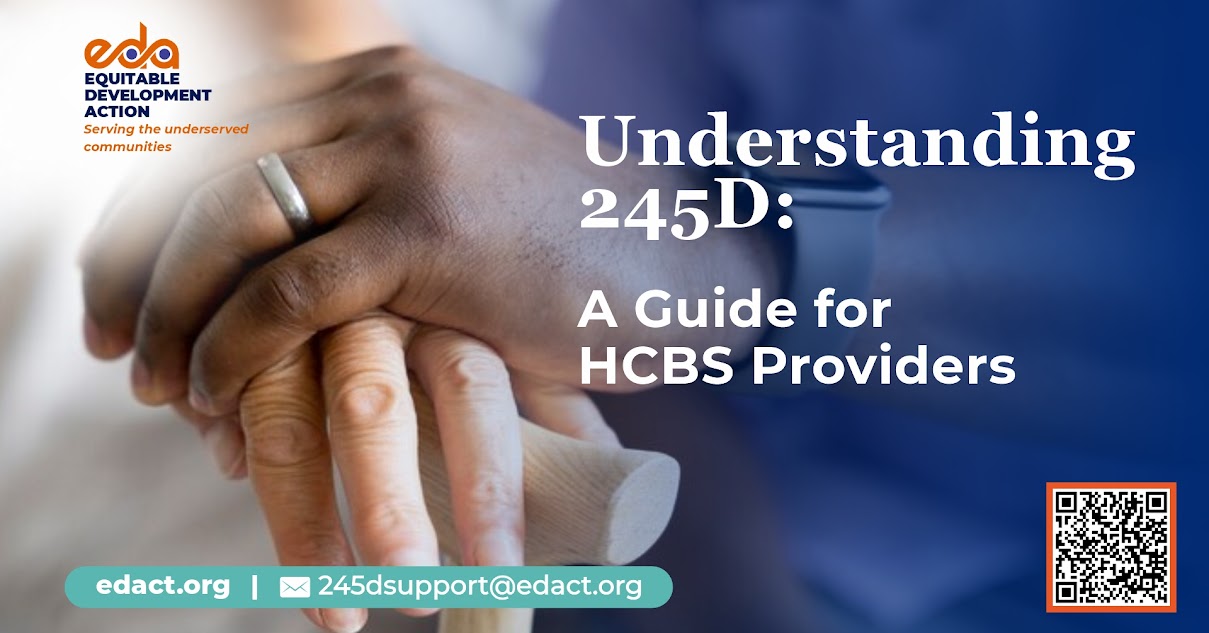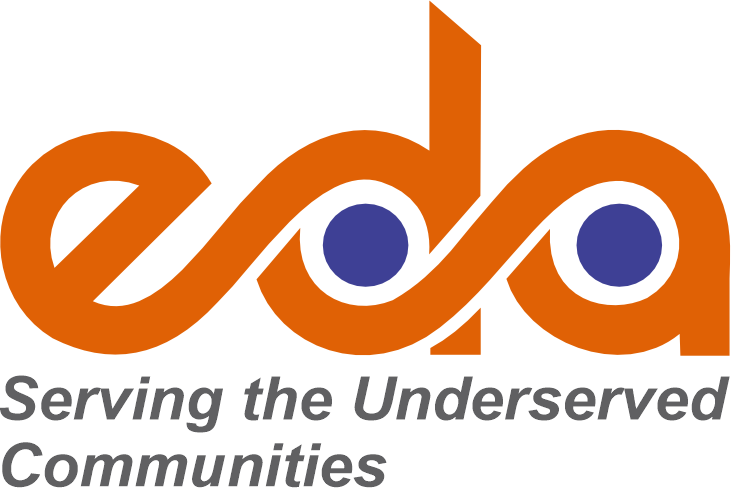
Understanding 245D: A Guide for HCBS Providers
The term 245D refers to a section of Minnesota statutes that establishes specific licensing requirements for Home and Community-Based Services (HCBS) providers. These regulations ensure high-quality care, protect the rights of service recipients, and maintain accountability for providers delivering services to individuals with disabilities and older adults.
The Role of 245D in Minnesota’s Regulatory Framework
245D is part of a trio of Minnesota statutes that work together to create a safe, effective, and person-centered service system. Below is an overview of how these statutes function together:
- 245A: The Human Services Licensing Act establishes general licensing requirements for various social service providers.
- 245C: Governs background studies for individuals involved in licensed services, ensuring client safety.
- 245D: Focuses specifically on licensing and operational requirements for HCBS providers, ensuring consistency in quality and compliance.
Purpose and Scope of 245D Services
The 245D licensing framework is designed to:
✔ Ensure the health, safety, and rights of individuals receiving HCBS.
✔ Promote person-centered services that encourage independence and community integration.
✔ Establish a standardized level of care across all providers.
✔ Regulate program administration, ensuring accountability and integrity.
Basic vs. Intensive Support Services Under 245D
245D services fall into two primary categories, Basic Support Services and Intensive Support Services:
Basic Support Services
Basic Support Services focus on supervision and assistance with daily living tasks. These services are less complex and do not typically require extensive medical training. Examples include:
- Homemaker services
- Companion services
- Night supervision
Intensive Support Services
Intensive Support Services involve more complex care needs, often requiring specialized training and skilled staff. These services include:
- Behavioral support
- Crisis respite
- Independent living skills training
- Residential support services
Both types of services aim to provide safe, effective, and individualized care to service recipients.
Why 245D Compliance Matters
Compliance with 245D regulations ensures that HCBS providers can operate legally and deliver high-quality, person-centered care. Non-compliance can lead to penalties, loss of licensure, and disruption of services for vulnerable individuals.
If you need support navigating 245D compliance requirements, contact 245dsupport@edact.org for guidance and assistance.
